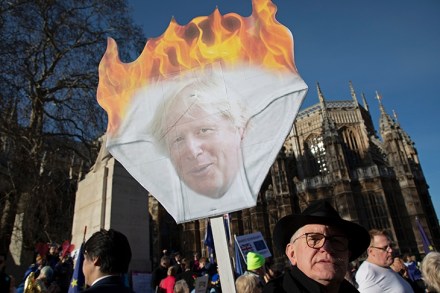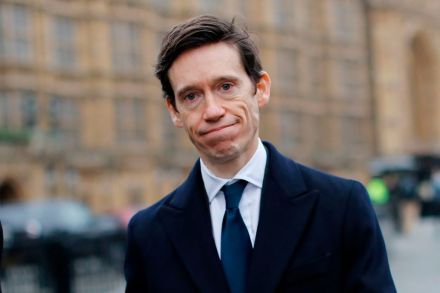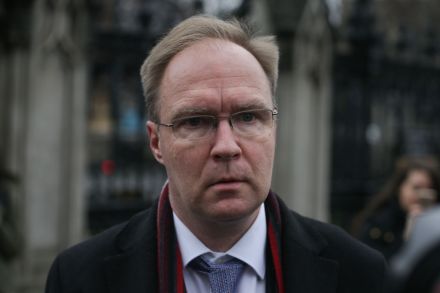Boris Derangement Syndrome
I switched on the radio last week and caught the tail end of a discussion about the Conservative leadership election. The presenter, who seemed to be in a highly agitated state, was talking about one of the contenders: ‘A man who’s lied to both of his wives, all of his mistresses, every constituent, every employer, every party leader, every colleague, every interviewer, every journalist he’s ever encountered, he’s not just lied to them, he’s actively agitated to deceive them…’ On it went. Even by left-wing shock jock standards, it was unhinged. He could only have been talking about Boris Johnson. In the US, Trump Derangement Syndrome, or TDS, is a



















